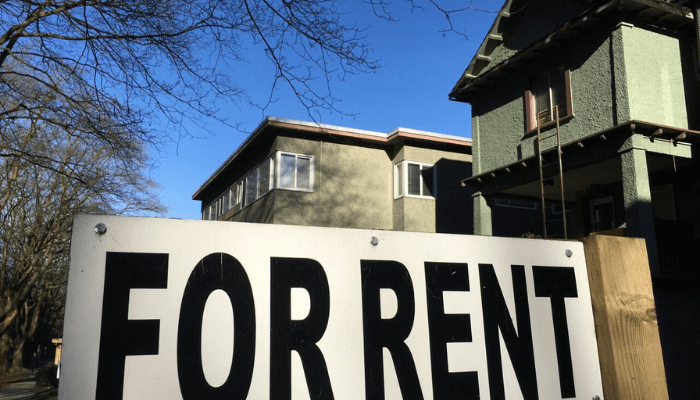For young Nigerians planning to ‘japa’ to foreign land, especially to Canada which is a preferred destination, it is not cheering news that the North American country is contending with homelessness arising from high inflation and soaring rent.
The story from UK is not any different as Great Britain is expected to witness a unique trend in its real estate market, with rental costs projected to surpass house prices by a significant 25 percent over the next four years, according to a report by source.
Canada, adjudged the second largest country in the world in area (after Russia), has received a significant number of Nigerians, young and old, who have left the country in the current japa wave in search of better living conditions and jobs.
Read Also: Homelessness is Widely Misunderstood — and We Can’t Solve Problems We Don’t Understand

The country is currently gripped by a surge in homelessness that has seen tens of thousands of people priced out of the rental and real estate markets and left to live in the streets of the wealthy nation.
Besides rents, the country is also battling rising cost of living and galloping inflation such that humanitarian condition has reached crisis level, making it a double whammy for Nigerians in that country who left their home country for almost the same reasons.
A new report published in September 2023 cites Quebec, the second most populous province in Canada, to be facing a serious housing shortage because of factors ranging from the pandemic to record immigration driving population numbers higher and also fuelling demand.
According to the report, real estate prices have become the main topic around dinner tables in recent months, and public opinion and opposition criticisms have forced governments to prioritize housing and cost of living concerns.
Government data estimates there are some 235,000 homeless people across the country, but that is only counting people who access shelters, said University of Western Ontario professor, Cheryl Forchuk, who fears the true picture is far worse.
Read Also: The Type of Housing Sector Reforms Nigeria Needs – Former MBAN President
Researchers warn that government data is vastly underestimating the number of homeless across the country, as the social ill spreads from major cities to small towns.
The September report notes that, in Quebec, one in two homeless people can be found in rural parts of the eastern province, instead of mainly in Montreal as had been the case in the past.
The report also cited Danny Brodeur-Cote, a young bachelor who has lived for months in a makeshift camp in woodlands near a cemetery in Granby, a town of 70,000 inhabitants 80 kilometres (50 miles) east of Montreal, after being evicted in June from an apartment he rented with his girlfriend.
“I work five days a week,” Brodeur-Cote was quoted as telling AFP. At age 39, this is the first time in his life that he has found himself living on the streets because, “any little housing there is is much too expensive,” he said.
Housing situation is really dire in Canada as nearly one in four homeless people found themselves on the street after being evicted from housing, according to the Quebec government report.
Karine Lussier, director of a local anti-poverty organisation, noted that “in Granby alone, we need at least 1,000 affordable housing units.”
He recalled that, between 2018 and 2022, the number of homeless people in Quebec increased by 44 per cent, their numbers swelling to 10,000 last year. Indigenous people, who represent five per cent of the Canadian population, are particularly over-represented in the streets, especially the Inuit, said Lussier.
Mayor Julie Bourdon told AFP that “visible homelessness did not exist three years ago in Granby,” admitting that “rents are very high now compared to two years ago; the city, rather than dismantling the camps and relocating the occupants, decided to opt for maintaining what it calls “places of tolerance.”
The report says that one contributing factor for the house rent increase in UK was the combination of lower yields and an increasing number of landlords relying on financing, which could place additional pressure on investor profits, particularly in the capital city.
“The looming surge in interest rates is expected to drive a substantial 5.5 percent growth in property prices nationwide. This surge in interest rates will exert greater pressure on rental prices than on house prices,” the report said.
Read Also: The Type of Housing Sector Reforms Nigeria Needs – Former MBAN President
Source: BusinessDay



